Mandatory electronic identification of all sheep came into place on Saturday 1 June. Sheep marts which held sales on Saturday were the first to encounter the new rules, while factories had their first interaction with the new system from Monday afternoon as sheep started to be presented for processing on Tuesday.
The Department of Agriculture lists the five main export-orientated sheep processing plants as operating as a central point of recording (CPR) from 1 June 2019. The Department states that over 40 marts have applied or are in the process of submitting an application to operate as a CPR. However, there are no marts listed as CPRs yet on their website.
Factory CPRs
Dawn Ballyhaunis says it is happy with how the new system is bedding in. Sheep are being presented with the correct tags and new dispatch documents. Dawn said it worked closely with producers in advance and that explaining what is required to producers when sheep are being booked in has delivered benefits. Sheep are being read on intake and again as normal on the line.
The two Irish Country Meats plants in Camolin and Navan are operating a system of establishing a procedure which works efficiently and does not interfere with intake speed. Managing director John Walsh says that at present they are reading the necessary percentage of sheep as required by the Department of Agriculture on intake, with all sheep then being read on the line. Producers can wait to receive their tag list after sheep have been slaughtered. Most are so far opting to receive the tag list with their remittance.
The findings of this week will be used to introduce a permanent intake and recording procedure whereby farmers can get a printout of the tag numbers of sheep in the batch
Kepak Athleague is using the first week of the new regulations to bed down the most efficient process flow. Athleague plant general manager Darragh McHugh said their goal is to establish a system that streamlines intake and minimises waiting times for farmers delivering sheep while also operating a system that is efficient in recording data.
The findings of this week will be used to introduce a permanent intake and recording procedure whereby farmers can get a printout of the tag numbers of sheep in the batch once they have been recorded or latest by way of an attachment to their remittance document.
Kildare Chilling explains that it will act as a CPR but is not currently in a position to do so. As such, it is advising producers presenting sheep to have all tag numbers written into the sheep dispatch document. They hope to be in a position to operate as a CPR in the next two weeks and advise producers they will update them on the latest position as sheep are being booked in.
Marts
Tullow Mart held its first sale under the new EID regulations on Tuesday. The mart is not yet a CPR, so the process of taking in the 800 sheep offered for sale was as normal. However, a couple of lots initially did not have the correct tags.
Mart manager Eric Driver said Tullow was taking a proactive approach by explaining to farmers what was now required under the new regulations and helping them correct mistakes. Driver said the mart would not force it on farmers but would instead work to help them understand the major change to the sheep industry.
Farmers at the mart did not welcome the new system, which they felt was impractically launched on them
He said the mart would operate as a CPR but could not yet do so as the software providers and the Department were still in communication over how the system would be delivered.
Farmers at the mart did not welcome the new system, which they felt was impractically launched on them. The additional cost burden was of particular concern, as lambs moved through marts require a full set of EID tags. Driver said the mart industry had lobbied hard for an allowance on lambs going to further fattening but those pleas had not been heard by the Department.
Producer grievance
It is understandable that producers are still unhappy at the introduction of mandatory EID tagging across all sheep. The majority of farmers at marts and factories in recent days highlighted additional costs as being hard to bear.
IFA sheep chair Sean Dennehy said the imposition of EID has gone down like a lead balloon
One farmer sending over 350 lambs to the factory said: “My costs have increased by over €300 and I see no benefits for lambs that are leaving the holding they were born on and going direct for slaughter. We are told EID will deliver greater market access. We need to start seeing this reflected in higher returns.”
IFA sheep chair Sean Dennehy said the imposition of EID has gone down like a lead balloon.
“Minister Creed’s decision to impose compulsory EID tagging on farmers at a high cost has been exposed badly, with most farmers still having to write dispatch dockets in order to go to marts and factories while factories and marts have been let off the hook. It is unacceptable that sheep have been left in lairages overnight due to EID issues.”




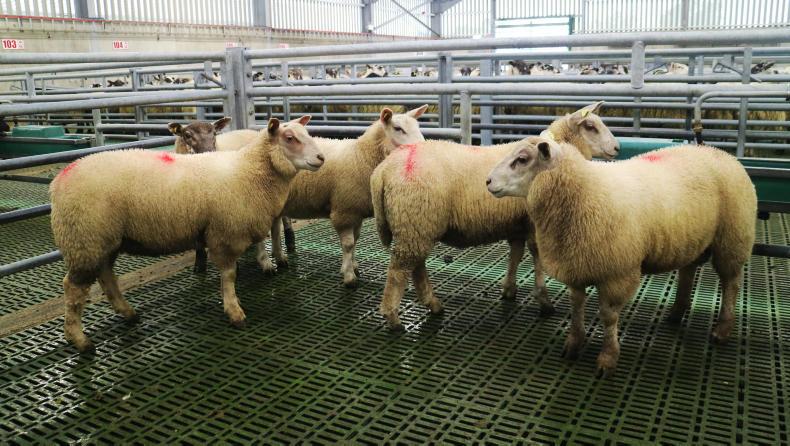
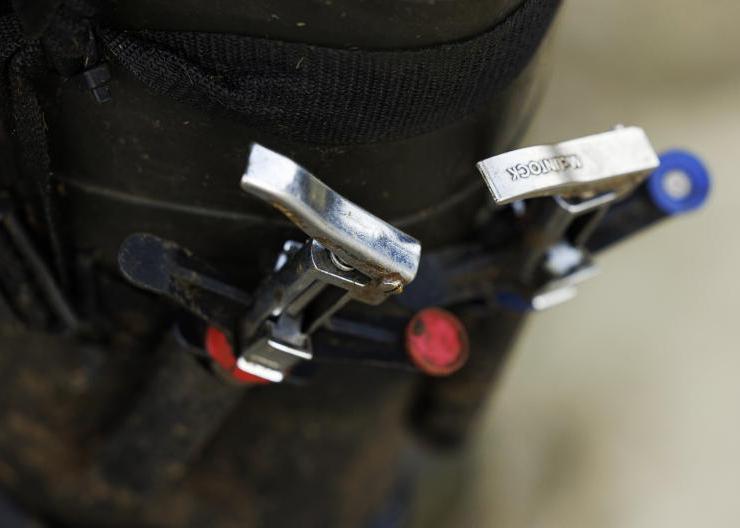

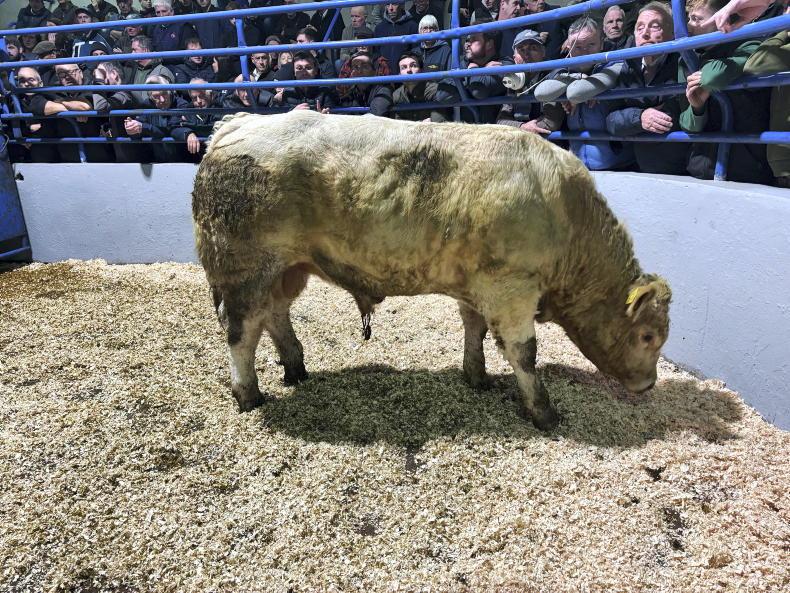
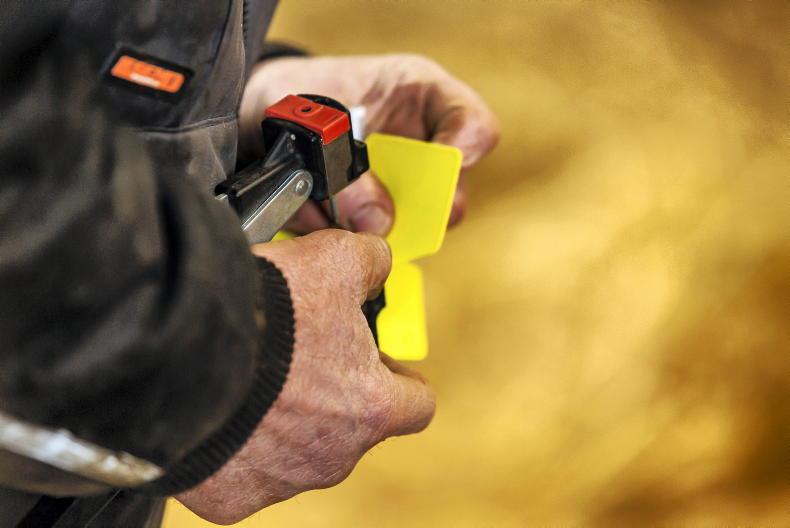
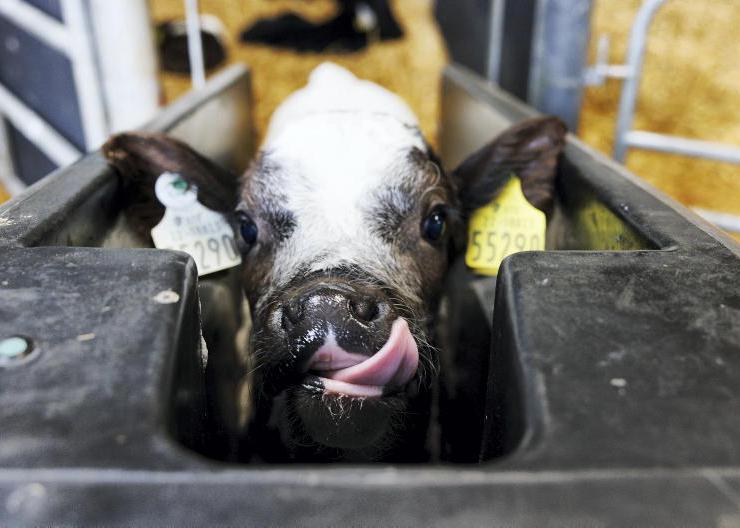
SHARING OPTIONS